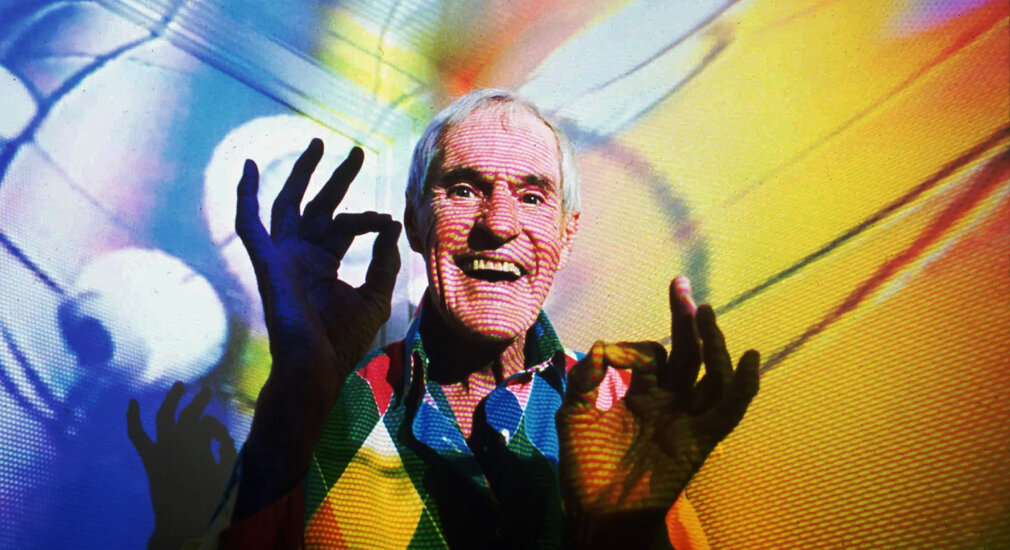Timothy Leary: The Embodiment of the Trickster Archetype
The psychologist Timothy Leary was (and still is) a controversial countercultural figure. He can be credited with introducing many young people to LSD and mind expansion, which spelled good news to some and bad news to others. When you open your mind, you may not always like what falls in. Leary became an evangelist for…
View Post



